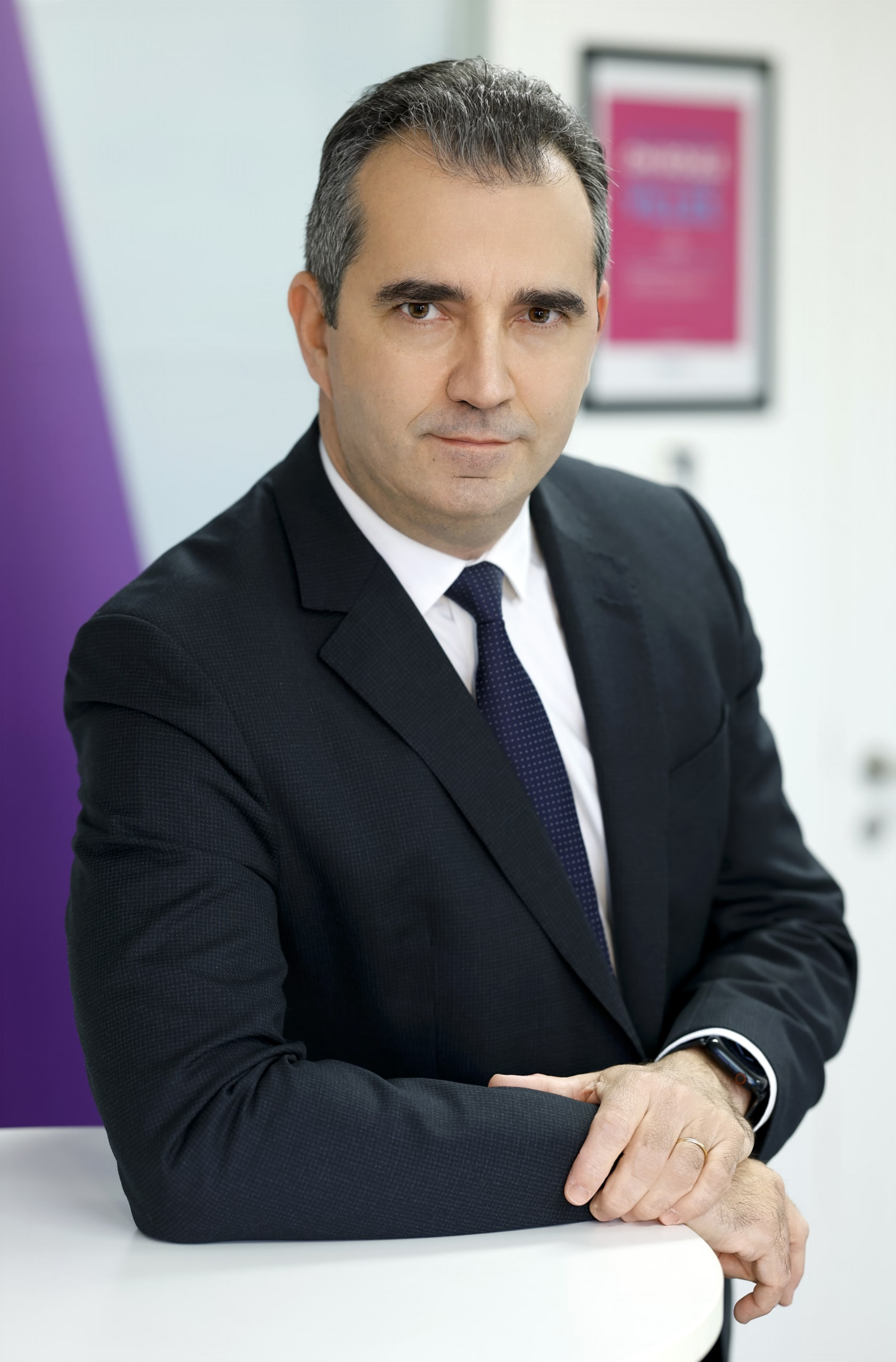
As cities seek to reconcile accessibility, ecological transition and quality of life, parking is emerging as a strategic lever for urban transformation. TheINDIGO2025 Parking Observatory, carried out with Ifop, highlights the expectations of the French.
Sébastien Fraisse, Chairman of the INDIGO Group’s Management Board, looks back at the key findings of the study and how parking can become a key tool in the service of smoother mobility and better-shared urban spaces.
Question 1: INDIGO is a key player in urban mobility and parking. Could you remind us of the major issues that guide your actions today, and which prompted you to carry out this study with Ifop?
The INDIGO Parking Observatory, carried out this year in partnership with Ifop, aims to identify and better understand French people’s expectations in terms of parking, in order to provide public decision-makers with a precise and up-to-date view of mobility needs.
Cities today face a major paradox. The French continue to travel massively by private thermal car, and express a strong need for parking solutions. At the same time, they want urban spaces that are more breathable, calmer and more open to soft mobility. The challenge is to rebalance public space to meet these contradictory aspirations.
The 2025 edition of the Observatoire confirms a long-held conviction: parking is a central element of mobility and a decisive lever for urban transformation. Properly designed, it frees up surface space, accommodates new local services and promotes intermodality.
This is the background to INDIGO’s action: to support cities in their transformation, by putting parking at the service of smoother mobility and better-shared urban spaces. This is INDIGO’s DNA, its raison d’être.
Question 2: The French are in favor of accessibility, fluidity and intermodality, and expect practical services in parking lots (e.g. carwash 58%, enclosed bike parks 55%, recharging stations 54%). What do these results mean to you?
The 2025 edition of the INDIGO Parking Observatory confirms what we see every day: for the French, parking is no longer just a place to park. Users’ expectations are clear: accessible, fluid and interconnected spaces that make their daily lives easier.
What’s more, the study shows us that the French want their parking lots to become genuine local service centers, offering everything from recharging stations and secure bike parks to practical services such as car washing. INDIGO has already embarked on this transformation: in France, we have deployed over 7,000 electric recharging stations, making our network the leading one in urban areas, and we are deploying Cycloparks in numerous parking lots: spaces dedicated to bicycles with a high level of service, to support the growing popularity of active mobility. Because our customers are no longer just motorists looking for a parking space: they’re now also electromobilists who charge up their vehicles to do their shopping, keep an appointment or go for a walk, or cyclists looking for an efficient, safe solution for depositing their bikes. What’s more, the same customer can sometimes be a cyclist, and sometimes a motorist.
Our ambition is precisely to support cities in their transformation and that of mobility by enabling them, thanks to our combined actions on structures and roads and our digital tools, to offer useful spaces at the service of the city and its inhabitants, fully integrating the challenges of mobility, ecological transition and quality of life.
Question 3: Between technological innovations (intelligent parking with real-time tracking, guidance to a parking space) and urban and ecological integration (green facades, reinvented roofs), French people’s expectations reflect a desire to reinvent parking.
How does INDIGO see the role of its infrastructures in the sustainable and inclusive city of tomorrow?
The ecological transition, public health and quality of life are profoundly changing our vision of a modern city. The air we breathe, green spaces and the enhancement of heritage have become essential markers. A central question remains to be answered: how can we create new spaces without expanding, how can we develop without building more?
Underground structures offer part of the answer. They can accommodate all forms of mobility and their associated services. They free up surfaces for pedestrians, cyclists, green spaces, terraces, play areas… They reduce the visual and noise footprint, and make traffic flow more smoothly. Cities such as Saint-Jean-de-Luz and Dieppe have already demonstrated this.
Last but not least, parking lots can play a key role in the way towns and cities reinvent their services to residents, and in particular address the difficult issue of urban logistics. Cities need delivery spaces for the last mile, relays for e-commerce, storage areas or even surfaces to deploy data centers as close as possible to users. But surface space is scarce, and precious. Urban logistics must therefore find innovative solutions in terms of land use, and take an interest in the underground. In Paris, the parking lot under Avenue Foch already illustrates this transformation. Together with Corsalis, INDIGO is deploying a spectacular urban logistics space to encourage low-carbon delivery adapted to the constraints of the Paris city center. This is the first stage of a 20,000 m² pilot project in the heart of the capital, which will be operational by the end of 2026. A concrete demonstration of what tomorrow’s parking lots could be: multifunctional spaces, serving a more fluid, more sustainable city, serving city-dwellers who want to experience their city in a calmer way.
